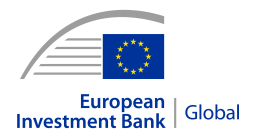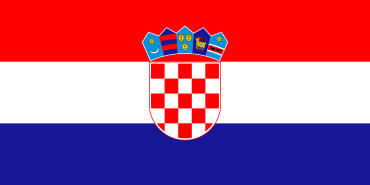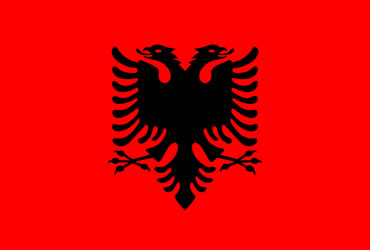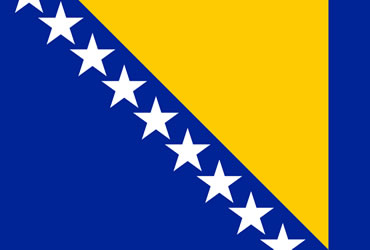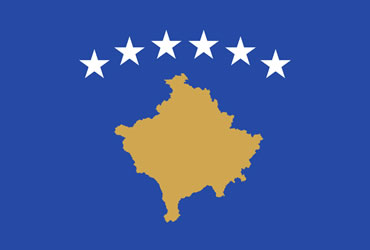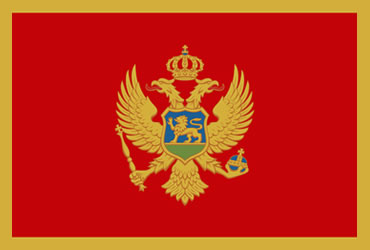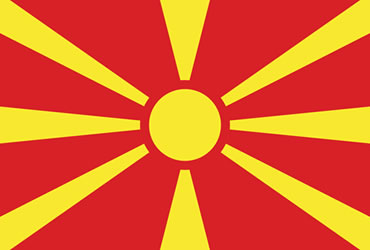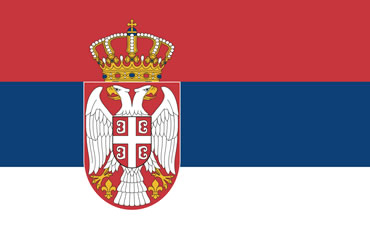
Better living conditions for students in North Macedonia as renovation programme begins
The first phase of the “Energy Efficient Rehabilitation of Student Dormitories in North Macedonia” project, which includes the complete renovation of the student dormitories "Steve Naumov" and "Kuzman Josifovski Pitu" in Skopje, started in January 2024.
The aim is to contribute to climate protection, a cleaner environment through CO2 savings, financial savings, and to provide for better living and learning conditions for students. This phase of the project will last for 18 months.
The programme is being implemented with a grant of €5 million through the Regional Energy Efficiency Programme for the Western Balkans and a loan from the German Development Bank (KfW) of €20 million.
The value of the first phase, the reconstruction of “Stiv Naumov” and “Kuzman Josifovski Pitu”, is €17 million. North Macedonian Minister of Education and Science, Jeton Shaqiri, stated that the full programme foresees the reconstruction of nine state-owned dormitories in Skopje, Prilep, Bitola, Ohrid, and Shtip.
"We are starting with the two student dormitories in Skopje. It is planned to change the plumbing installation in the dormitories and remove the cause of damp in the buildings, completely change the electrical installation and install energy-efficient LED lamps, revise the heating installation, the sanitation, make facades of the buildings energy-efficient and install solar panels. We will also be focusing on furnishing rooms for students with special needs, something that I would like to emphasise," HE Ministry Shaqiri said.
The reconstruction of the student dormitories will be in three phases. The second phase plans to tackle the reconstruction of the student dormitories "Tome Stefanovski-Senic" in Skopje, "Nikola Karev" in Ohrid, "Brača Miladinovci" in Shtip, and the "National Hero Orde Chopela" student dormitory in Prilep. The third phase will cover the reconstruction of the student dormitories "Kocho Racin" in Bitola and "Pelagonija" in Skopje, as well as the canteen of the student dormitory "Goce Delchev" in Skopje.
“The principle of the reconstruction is holistic, and it is not just to introduce energy efficiency. Other measures such as the renovation of sanitary installations, electrical equipment, safety measures, common study rooms, etc., will improve the living and learning environment for students. In addition, renewable energy should be used wherever possible. One of the crucial elements will be to influence different, more energy-savvy behaviour of students and employees," Pablo Obrador, Head of Division for Energy and Mobility in Southeast Europe at KfW Development Bank said.
During the signing of the agreement in Skopje on 29 December 2023, North Macedonian Prime Minister Dimitar Kovačevski said that with this investment, the country is demonstrating clear action and that positive change is possible while solving pressing issues. PM Kovačevski indicated that the country has support from the EU specifically in this project for students who will be the country's driving force.
"Following the Green Agenda and the Economic Investment Plan, the European Commission is transforming climate and environmental challenges into opportunities in all policy areas and making the transition fair and inclusive for all. The EU continues to support the Macedonian energy sector, focusing on energy efficiency as an instrument for accelerating decarbonisation. With funds provided by the EU through the Western Balkans Investment Framework, the German government, and KfW, as "Team Europe", we are working to provide students with better living conditions and improve their quality of life," said the EU Head of Cooperation in Skopje, Steffen Hudolin.
The Deputy Ambassador of Germany in North Macedonia, Otto Graff explained how this project significantly contributes to the climate goals. According to the estimates, the project will lead to a reduced energy consumption of more than 40% and will also save approximately 2,400 tons of CO2 emissions per year.
---
About REEP
The Regional Energy Efficiency Programme in the Western Balkans (REEP) aims to create a sustainable energy efficiency market in the region. The programme provides a combination of financial instruments for private sector and individual households, technical assistance and policy dialogue support for public institutions to overcome market obstacles and stimulate long-term market growth. The REEP is implemented by the European Bank for Reconstruction and Development (EBRD) and the German Development Bank (KfW) with the support of the EU and other bilateral donors. To date, REEP has provided more than €300m in credit lines and €150m in direct lending for 1,000 SMEs, more than 12,700 households and 290 public buildings. This has contributed to almost 1 million MWh/yr in energy savings. REEP Plus is identified in the European Commission's Economic and Investment Plan for the Western Balkans as one of the flagship projects within the "Renovation Wave" under the investment window "Clean Energy". These projects contribute significantly to the reduction of greenhouse gas emissions, and improve the living standards and health of citizens.
